Gabon travel tips
Gabon travel tips: In Central Africa, is blessed with lush rainforests and diverse wildlife. Rich in oil resources, it promotes conservation efforts.
Provinces 🌎
Gabon travel tips. Here is a list of all the provinces of the Gabon.
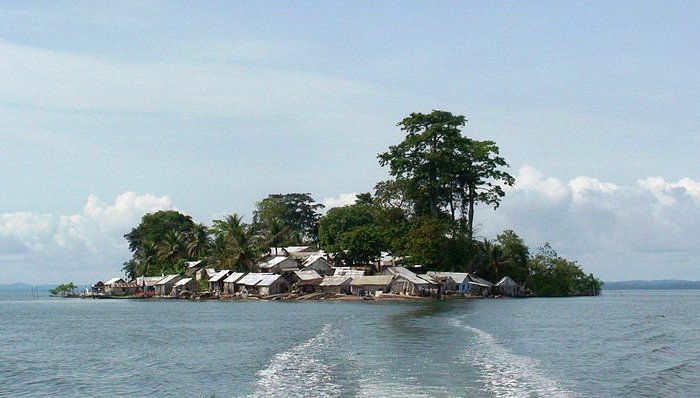
Estuaire
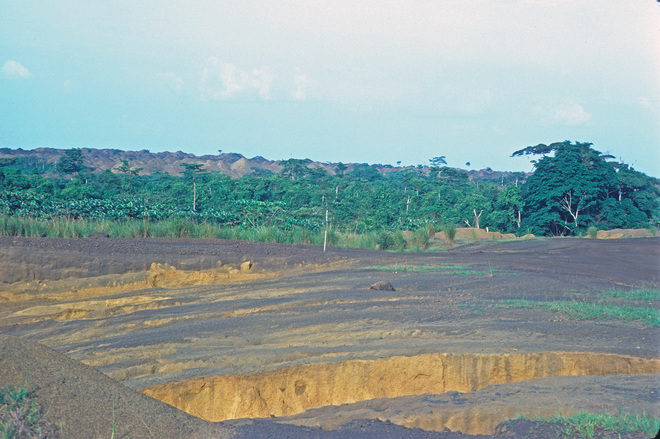
Haut-Ogooué
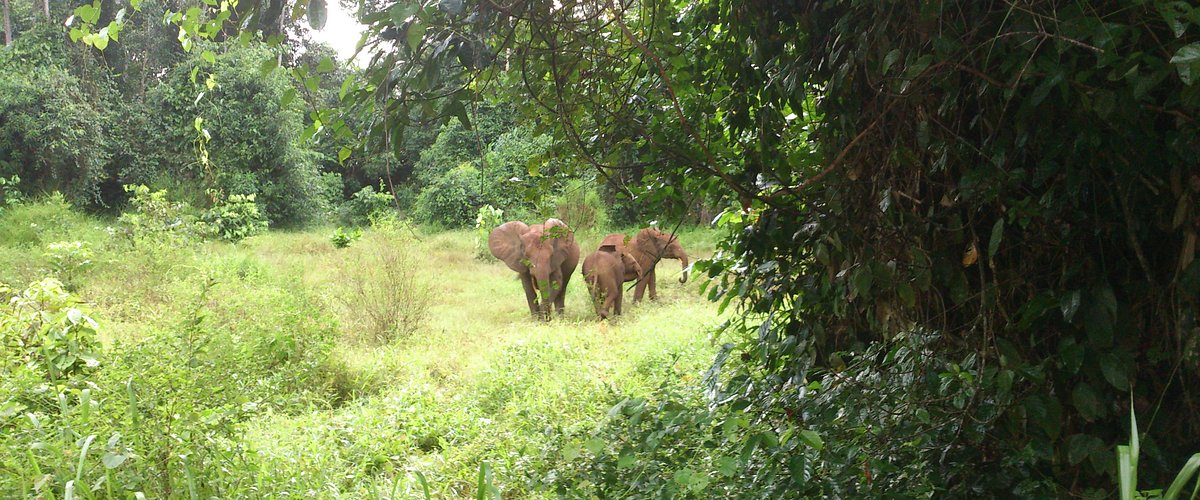
Moyen-Ogooué
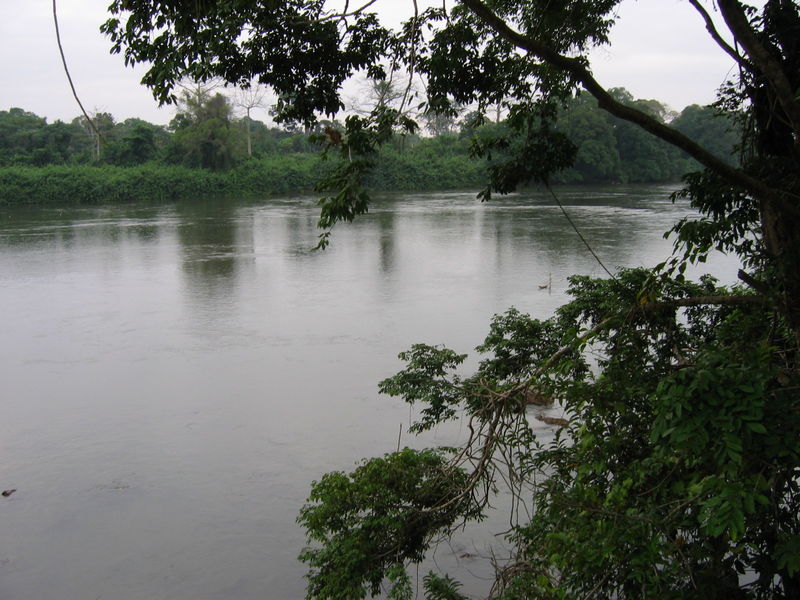
Ngounié
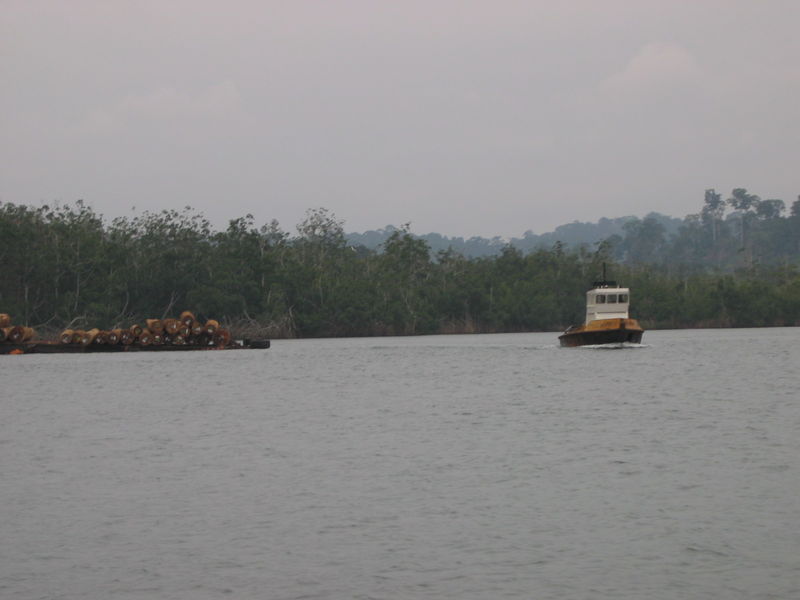
Nyanga
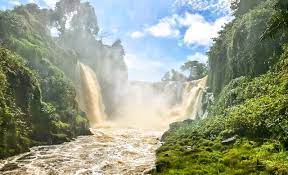
Ogooué-Ivindo
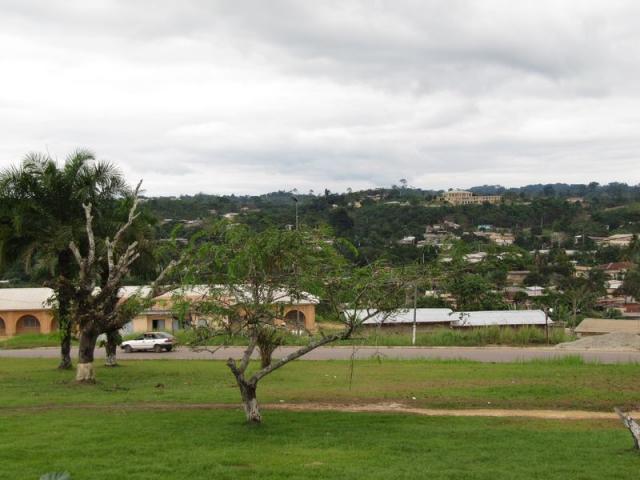
Ogooué-Lolo

Woleu-Ntem

Ogooué-Maritime
Before you go 🛩
Important information you should know before your trip
Info
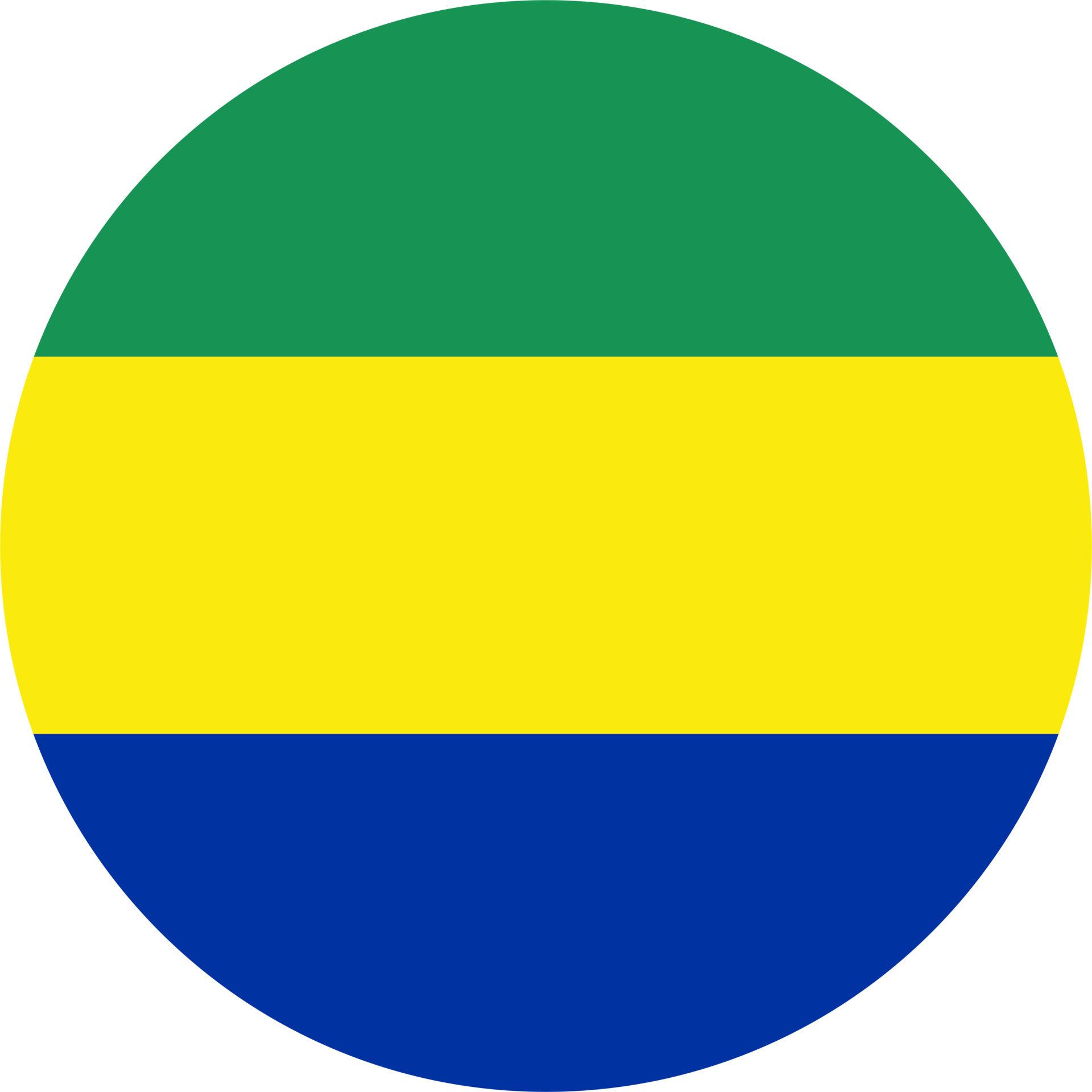
Capital | Libreville
Flag Codes:
ISO alpha-2 GA,
ISO alpha-3 GAB
Currency
Badge | CFA franc
CODE | XAF
NUMBER | 950
SYMBOL | Fr
FRACTION | penny
Mobile Coverage
Dialing Code | +241
SIM Card
Coverage | 3G / 4G / 5G |
Mobile Networks | Airtel Mobile | MOOV Africa GT Mobile |
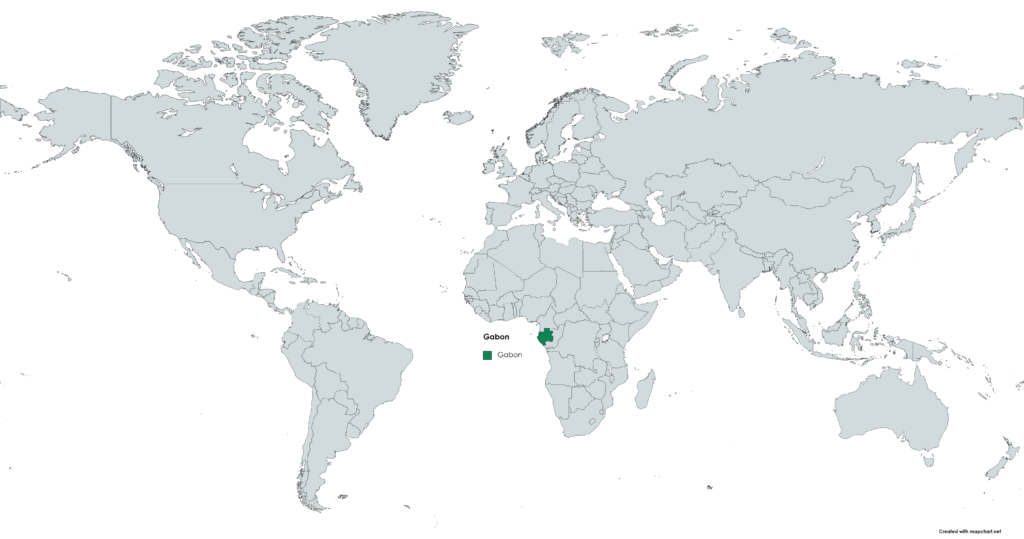
Location
Gabon is a country located on the west coast of Central Africa. It is situated along the equator and bordered by several countries and bodies of water.
Coastline: Gabon has a significant coastline along the Atlantic Ocean to the west. The coastline stretches for approximately 885 kilometers (550 miles) and includes various coastal features and ports.
Capital City: The capital city of Gabon is Libreville, which is located along the Atlantic coast in the western part of the country.
Gabon’s geographical location along the equator contributes to its tropical climate, lush rainforests, and rich biodiversity. The country is known for its natural beauty, including dense forests, national parks, and wildlife, making it a destination for ecotourism.
Currency
The currency of Gabon is the Central African CFA franc, abbreviated as XAF.
It is one of two currencies that use the CFA franc name, with the other being the West African CFA franc (XOF).
Both of these currencies are used in multiple countries in West and Central Africa and are guaranteed by the French Treasury.
The Central African CFA franc (XAF) is further subdivided into smaller units, with 100 centimes making up one franc.
Banknotes and coins of various denominations are in circulation in Gabon, and the currency is regulated by the Bank of Central African States (BEAC), which is the central bank for the Economic and Monetary Community of Central Africa (CEMAC).
The CFA franc is pegged to the euro at a fixed exchange rate.
Languages
The official language of Gabon is French. French is the primary language used in government, education, administration, and media throughout the country. It is also the language of instruction in schools and universities.
In addition to French, there are several indigenous languages spoken by various ethnic groups in Gabon. Some of the prominent indigenous languages include:
Fang (Pangwe): Fang is one of the largest ethnic groups in Gabon, and their language, Fang (also known as Pangwe), is widely spoken in the country. It is often considered the second most spoken language after French.
Myene (Mpongwe): The Myene people primarily reside in the coastal regions of Gabon, and their language, Myene (also known as Mpongwe), is spoken in these areas.
Bateke (Beti): The Bateke people inhabit parts of Gabon, and their language, Bateke (also known as Beti), is spoken in those regions.
Punu (Ikizu): The Punu people, who are known for their wooden masks and sculptures, have their own language called Punu (also known as Ikizu).
Nzebi: The Nzebi language is spoken by the Nzebi ethnic group, primarily in northern Gabon.
Sira (Lumbu): The Sira language, also known as Lumbu, is spoken by the Sira people in central Gabon.
Climate 🌡
Gabon, located near the equator in Central Africa, has a tropical climate with high temperatures and significant rainfall throughout the year. The climate is characterized by two main seasons: a wet season and a dry season. Here are the key features of Gabon’s climate:
Wet Season (Rainy Season):
The wet season in Gabon typically occurs from October to April. During this period, the country experiences heavy rainfall, high humidity, and frequent thunderstorms. Rainfall is more intense in the western coastal areas and gradually decreases as you move inland.
Dry Season:
The dry season usually spans from May to September. During this time, rainfall is significantly reduced, and the weather is relatively drier and sunnier. The dry season is a popular time for tourism and outdoor activities.
Humidity:
Gabon’s climate is characterized by high humidity levels, especially along the coast. The interior regions tend to have lower humidity, but it remains relatively humid throughout the year.
Temperature:
Gabon has consistently warm temperatures throughout the year due to its proximity to the equator. Coastal areas have average temperatures ranging from 24°C to 30°C (75°F to 86°F), while the interior regions may have slightly cooler temperatures, especially at higher elevations.
Rainforest Climate:
Much of Gabon is covered by dense rainforests, which thrive due to the country’s consistent rainfall. These rainforests are home to a diverse range of flora and fauna.
Precipitation:
Rainfall amounts vary across the country, with the western coastal areas receiving the highest annual rainfall, often exceeding 3,000 millimeters (120 inches) in some places. As you move inland, especially toward the east, rainfall decreases.
Coastal Influence:
Gabon’s coastal areas are influenced by the Atlantic Ocean, which helps moderate temperatures and contributes to the high humidity levels.
Tropical Cyclones:
While Gabon is not as prone to tropical cyclones (hurricanes) as some other coastal regions, it can occasionally be affected by these weather systems, primarily during the wet season.
Gabon travel tips
If you’re planning a trip to Gabon, here are some travel tips to enhance your experience:
Visa Requirements:
Check visa requirements before arrival. Ensure your passport has sufficient validity.
Cultural Etiquette:
Greet with a handshake; politeness is valued. Respect local customs and traditions.
Wildlife Safaris:
Enjoy wildlife safaris in national parks like Lopé and Loango, known for diverse species.
Weather Considerations:
Check regional climates; the rainy season lasts from October to April. Plan activities accordingly.
Transportation:
Domestic flights and boats connect regions. Shared taxis and buses operate within cities; negotiate fares. View Guide.
National Parks Etiquette:
Follow park regulations during wildlife excursions. Respect conservation efforts and guidelines.
Diverse Nature:
Explore Gabon’s pristine rainforests, savannas, and coastal areas for diverse wildlife and breathtaking landscapes.
Enjoy your time in Gabon!

The best of the best
Gabonese cuisine is diverse and reflects the country’s rich cultural heritage and abundant natural resources. Traditional dishes often feature a variety of ingredients such as seafood, vegetables, tropical fruits, and staples like cassava and plantains.
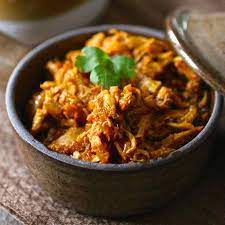
Poulet Nyembwe
Poulet Nyembwe is a popular dish consisting of chicken cooked in a rich, spicy palm nut sauce.
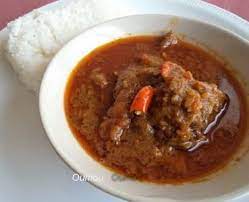
Moambe (Palm Nut Soup)
Moambe is a popular soup made from palm nuts, often cooked with fish, chicken, or meat.
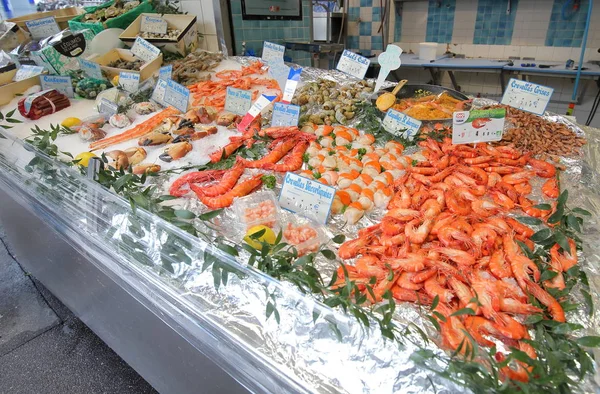
Poisson (Fish)
Due to Gabon’s access to the Atlantic Ocean and numerous rivers, fish is a significant part of the diet. Fish is prepared in various ways, such as grilling, smoking, or simmering in sauces.
Here are some typical foods and dishes of Gabon:
Saka-Saka: Saka-Saka is a dish made from cassava leaves, similar to spinach or collard greens. It is often cooked with ingredients like palm oil, peanuts, and spices.
Maboké: Maboké refers to dishes cooked in banana or plantain leaves, which impart a unique flavor to the food. It can include various ingredients, such as fish, meat, or vegetables.
Moutou: Moutou is a dish made from plantains, peanuts, and spices. It is typically served with grilled fish or meat.
Acajou (Cashews): Gabon is known for its cashew production. Cashews are used in various dishes and snacks.
Fruits: Gabon’s tropical climate allows for the cultivation of a wide range of fruits, including mangoes, papayas, pineapples, oranges, and guavas. These fruits are often enjoyed fresh or in fruit salads.
Bilolo: Bilolo is a traditional dish made from fermented maize, similar to a porridge.
Koko Rice: Koko rice is a one-pot dish that combines rice with various ingredients, including vegetables, spices, and sometimes fish or meat.
Gabonese cuisine showcases a blend of traditional African flavors with influences from French cuisine due to the country’s colonial history. The use of local ingredients and traditional cooking methods is a hallmark of Gabonese culinary traditions.
Transportation 🚥
More information about this country
Choose your destination 📍🗺
Useful Links ✅



